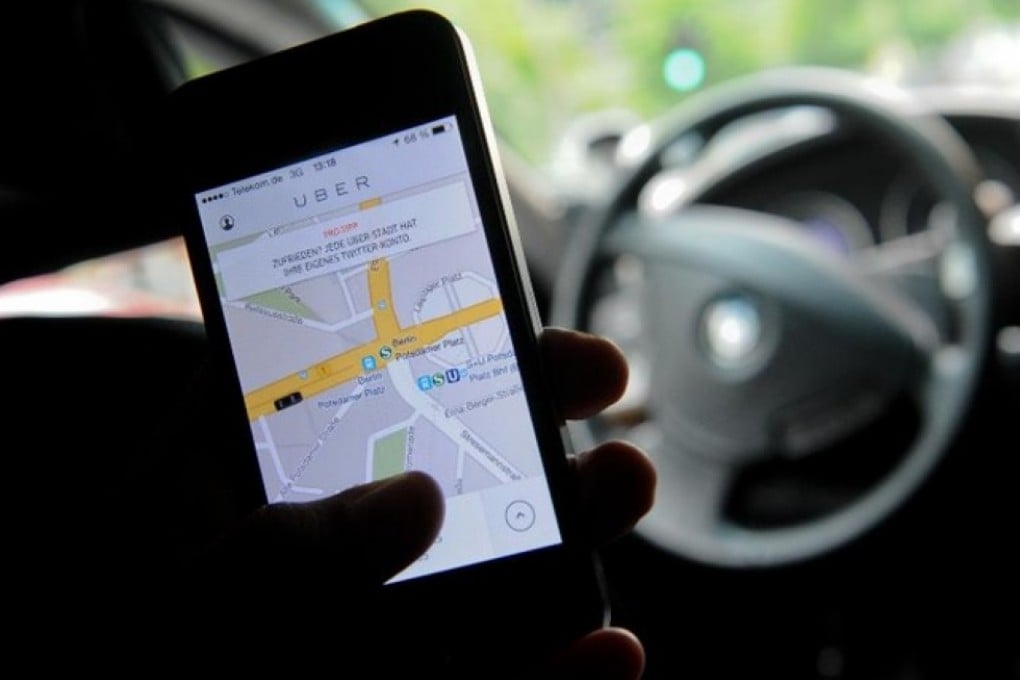New | Chinese riders, government take opposing stance on taxi apps like Uber
Shenzhen-based wine dealer Daniel Lin Shuhao likes to tell the story of how a ride arranged through car-booking service Uber led to a business deal with the driver, another wine business owner who happened to be trying his hand at chauffeuring.

Shenzhen-based wine dealer Daniel Lin Shuhao likes to tell the story of how a ride arranged through car-booking service Uber led to a business deal with the driver, another wine business owner who happened to be trying his hand at chauffeuring.
“He told me he registered to be an Uber driver earlier this month, just for fun to experience something new on the internet” Lin said.
The tale is just one example of how ride service apps are creating new opportunities and impacting social patterns in China. Functioning as much like social networking apps as they do to solve practical transport problems, Uber and its domestic rivals Kuaidi and Didi are attracting growing numbers of car owners looking to take advantage of the surging popularity of the services themselves.
“Such car-hailing apps create a new consumer market and new lifestyle in urban cities on the mainland no matter the authorities welcome the change or not,” said Peng Peng, a political and economic researcher at the Guangzhou Academy of Social Sciences.
“For example, a growing number of young people in Guangzhou now turn to use these apps to call a car because of cheap price, good quality of the car and good services of the driver too. All things considered, it's just much better than taking a taxi,” Peng said.
“They didn't get used to taking taxi previously because it’s unaffordable. Now these taxi apps change their lifestyle as the youth become big fans of such apps.” Peng said, “It can also take the good use of private cars and help solve traffic jams in rush hours” Peng added.
“With no doubt, the consumers love it. But the taxi industry in China is a typical government monopoly trade. Would the government like to learn and get along with the market that is already changed by the Internet development?"
Official statistics on the industry are not available, but local media in the southern city of Guangzhou have said that more than 6,100 private vehicles using Didi’s car-hailing apps run on the city’s roads daily. Some 1,000 operate in Shenzhen, close to the border with Hong Kong.
“Every of my friends who has a good car is talking about joining the car-hailing business, from the boss running a small online shop to the children of the rich,” said Lin, the wine dealer.
